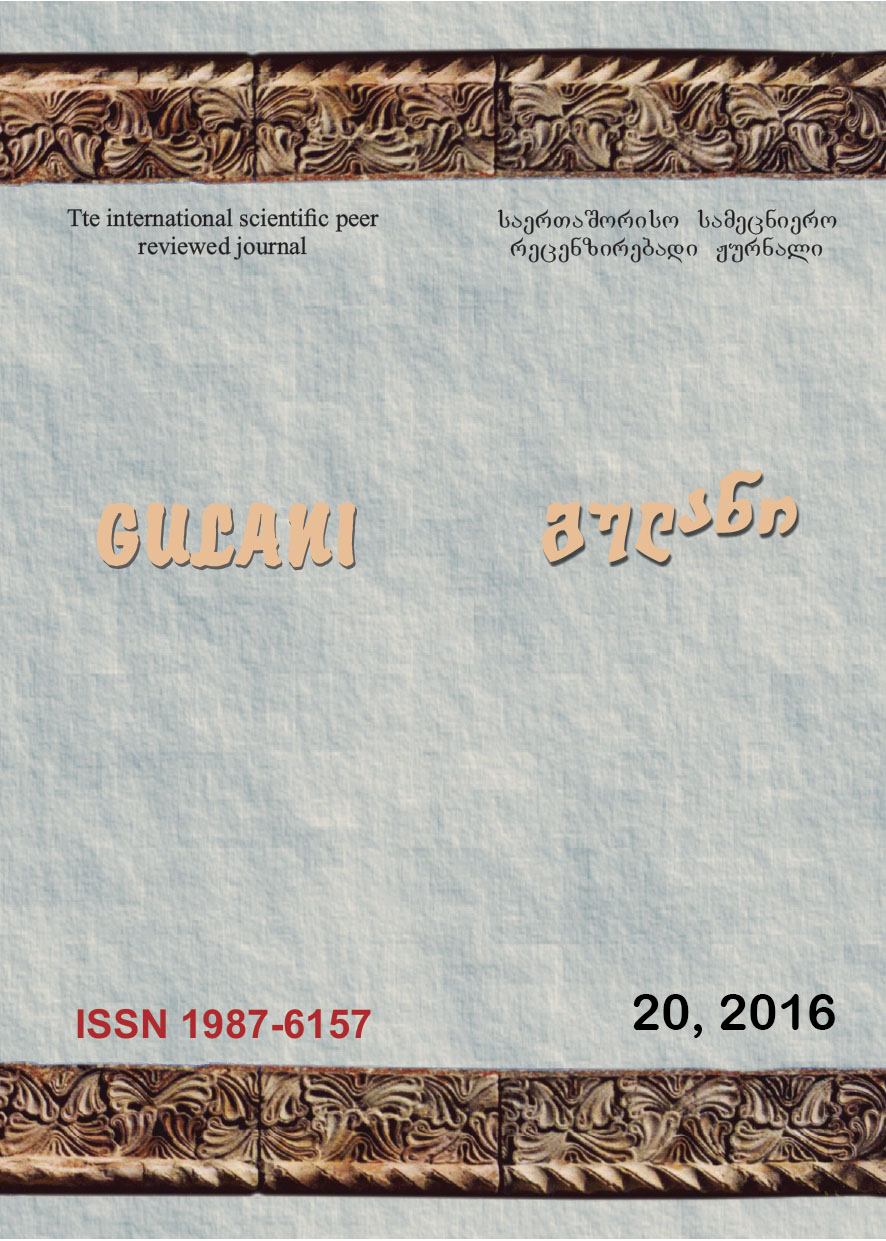POET OF FREEDOM AND LOVE
Main Article Content
Abstract
The article deals with the famous Scottish poet and lyrics who is widely regarded as the national poet of Scotland and is celebrated worldwide. Since Burns was Scottish, his artistic achievements seem outside the mainstream of eighteenth-century English literature.
Burns is an important and complex literary personage for several reasons: his place in the Scottish literary tradition, his pre-Romantic proclivities, his position as a human being from the less-privileged classes imaging a better world. To these may be added his particular artistry, especially his ability to create encapsulating and synthesizing lines, phrases, and stanzas which continue to speak to and sum up the human condition.
Burns, however, has been viewed alternately as the beginning of another literary tradition: he is often called a pre-Romantic poet for his sensitivity to nature, his high valuation of feeling and emotion, his spontaneity, his fierce stance for freedom and against authority, his individualism, and his antiquarian interest in old songs and legends. The many backward glances of Romantic poets to Burns, as well as their critical comments and pilgrimages to the locales of Burns's life and work, suggest the validity of connecting Burns with that pervasive European cultural movement of the late eighteenth and early nineteenth centuries which shared with him a concern for creating a better world and for cultural renovation.
